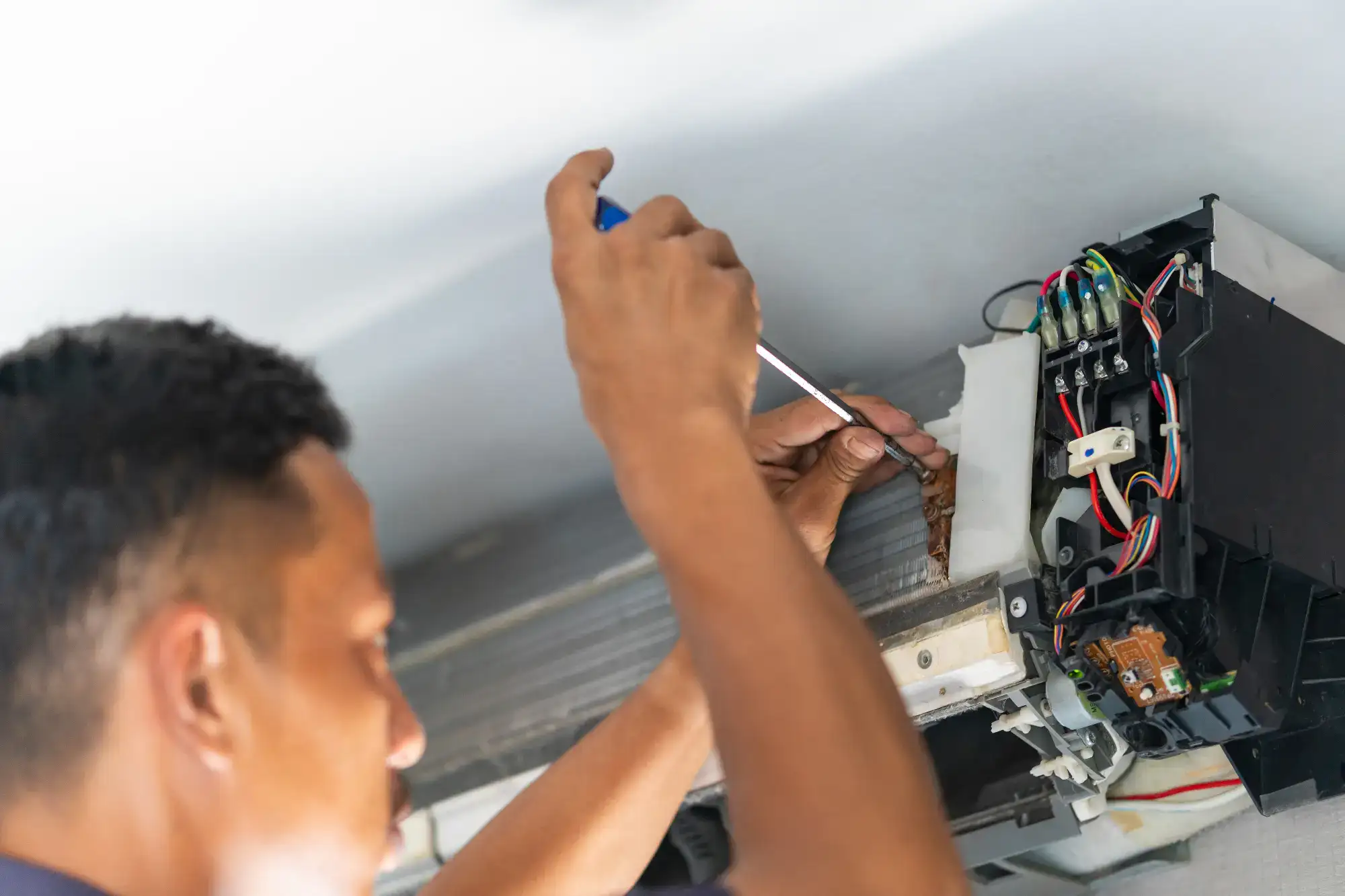Professional maintenance that prevents breakdowns, cuts energy costs, and extends your system’s life.
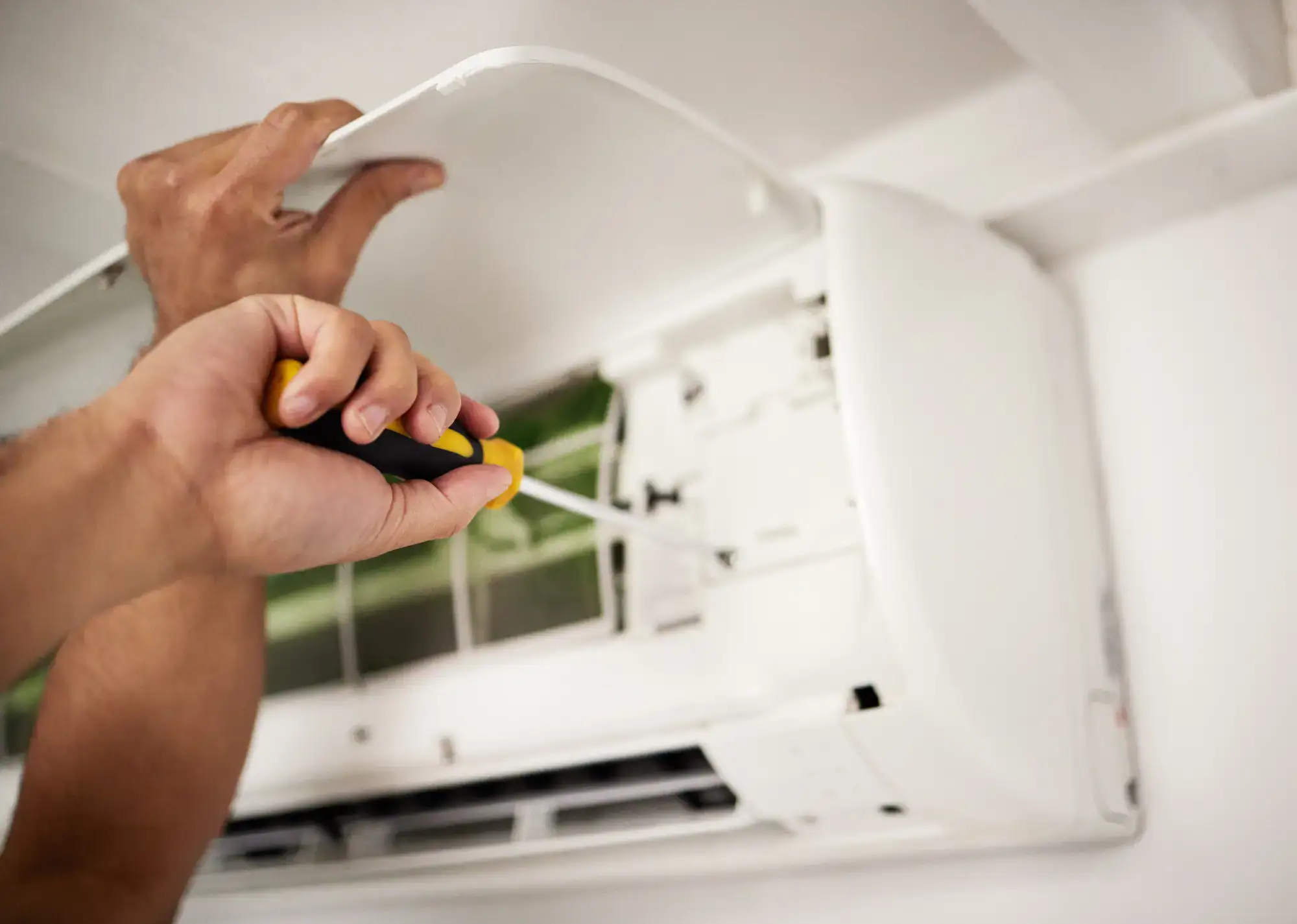
Hear From Our Customers
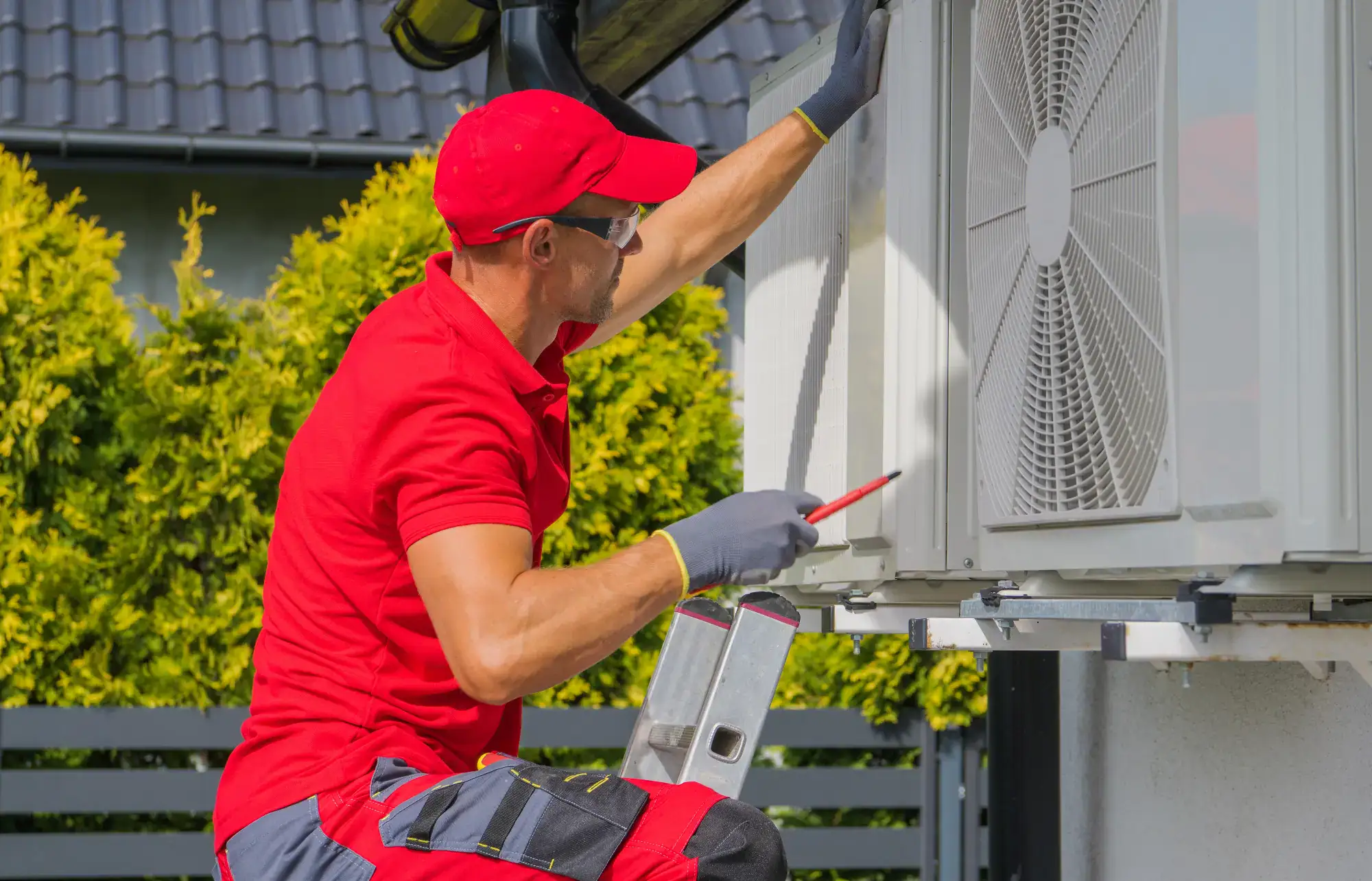
Your AC system works hard during Park Ridge’s humid summers. Without regular maintenance, it’s fighting an uphill battle against dirt, debris, and normal wear that slowly kills efficiency and reliability.
Regular AC maintenance keeps your system running at peak performance. You’ll notice more consistent temperatures throughout your home, lower energy bills, and fewer unexpected breakdowns. Most importantly, you’ll have confidence that your system won’t fail when you need it most.
The difference between a maintained system and a neglected one shows up in your monthly utility bills and repair costs. A well-maintained AC system can last 15-20 years, while neglected systems often need replacement after 10-12 years. That’s thousands of dollars in equipment costs you can avoid with consistent care.
Super Plumbing Heating & Cooling LLC has been serving Park Ridge and surrounding Bergen County communities for years. We understand how the local climate affects your HVAC system and what it takes to keep it running efficiently.
Our technicians are licensed, insured, and trained on the latest AC maintenance techniques. We’re not the cheapest option in town, and that’s intentional. You’re investing in thorough service, quality parts, and technicians who take the time to do the job right.
We’ve built our reputation on preventing problems before they become emergencies. When you work with us, you’re working with a team that understands the real cost of AC failures goes beyond just the repair bill.
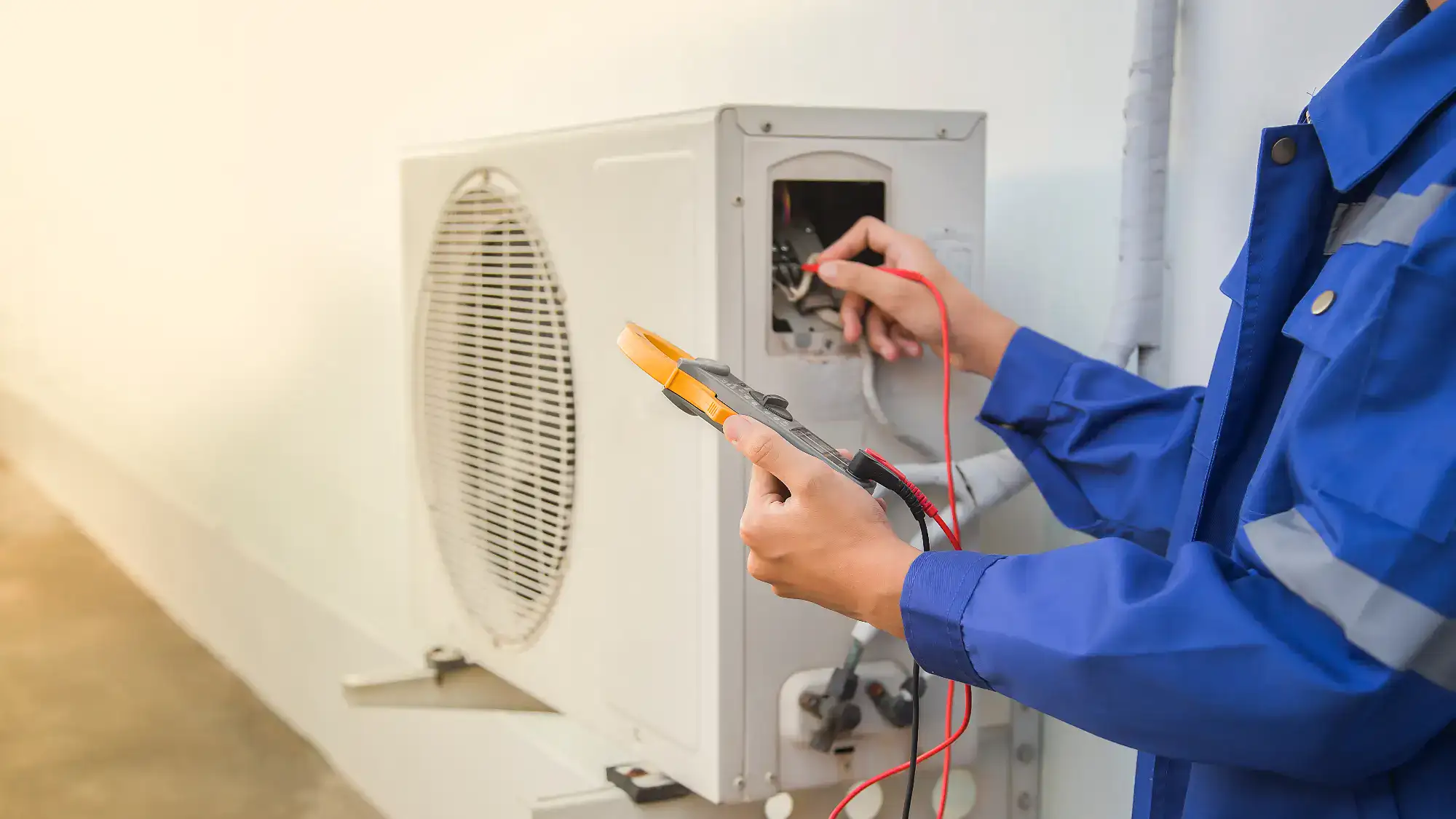
Our maintenance process starts with a comprehensive inspection of your entire system. We check electrical connections, measure refrigerant levels, and inspect all moving parts for wear. This isn’t a quick visual check – we’re looking for problems that could cause failures down the road.
Next, we clean your condenser and evaporator coils, which is where most efficiency is lost. Dirty coils force your system to work harder and use more energy. We also clean or replace your air filter, check your thermostat calibration, and inspect your ductwork for leaks.
Finally, we lubricate all moving parts, test for refrigerant leaks, and clean your drain pans and condensate lines. You’ll receive a detailed report showing what we found and what we did. If we spot any potential issues, we’ll explain them in plain language and give you options for addressing them before they become problems.
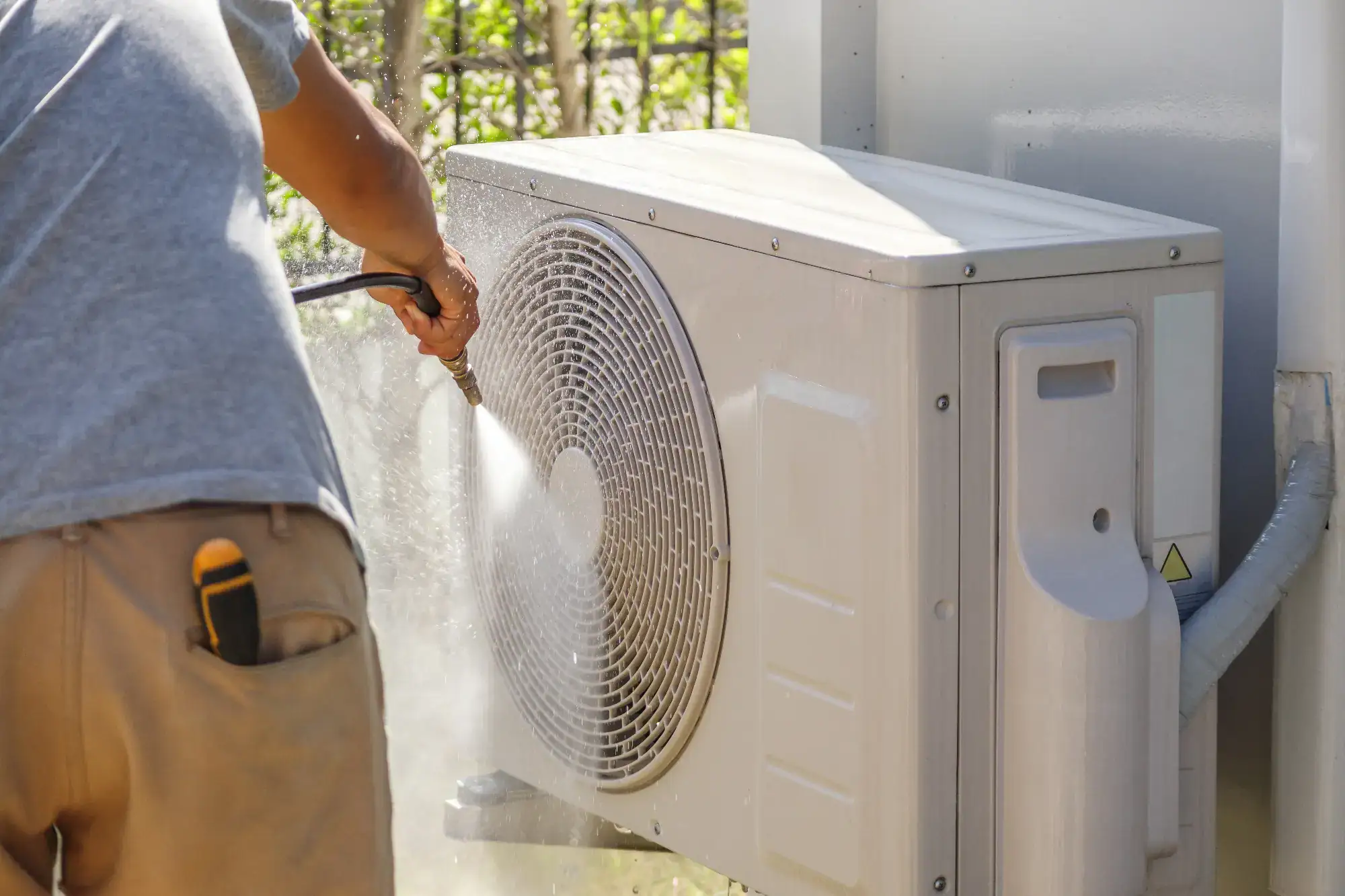
Ready to get started?
Every maintenance visit includes a 20-point inspection covering all critical system components. We check and calibrate your thermostat, inspect electrical connections, measure refrigerant levels, and examine blower components. Our technicians also perform total cleaning of condenser coils and evaporator coils, which directly impacts your system’s efficiency.
We inspect your ductwork to prevent energy loss and check drain pans and condensate lines for proper drainage. All moving parts get lubricated to reduce friction and wear. We test for refrigerant leaks to prevent environmental harm and maintain peak efficiency.
Our seasonal approach means spring tune-ups prepare your system for the cooling season, while fall maintenance gets everything ready for heating season. Maintenance plan members receive priority scheduling, discounted repairs, and detailed service reports after every visit. You’ll know exactly what condition your system is in and what to expect going forward.
